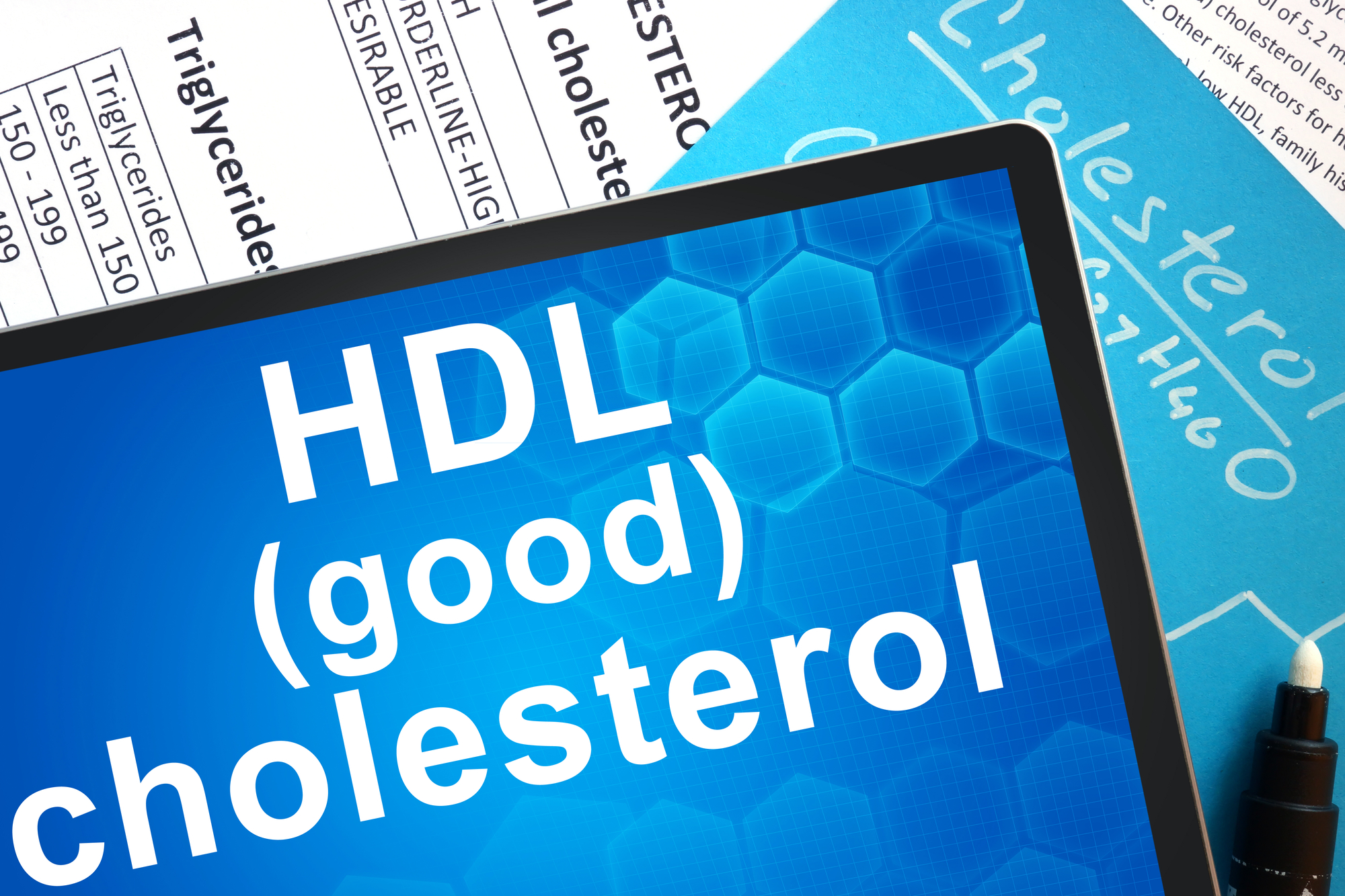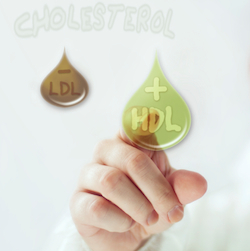Not Everyone Benefits From High HDL
A National Institutes of Health-supported study found that high-density lipoprotein (HDL) cholesterol, known as “good cholesterol,” may not be as effective as scientists once believed in predicting cardiovascular disease risk among adults of different racial and ethnic backgrounds. The research, published in the Journal of the American College of Cardiology,Read











